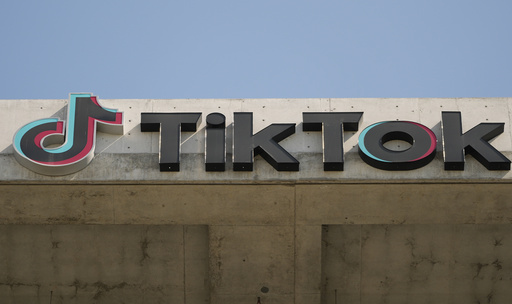
TikTok recently defended itself against U.S. government claims suggesting that the platform is not protected by the First Amendment. The Justice Department previously argued that TikTok, along with its parent company ByteDance and its U.S. and global arms, is not entitled to First Amendment protections due to its foreign ownership and operations. In response, TikTok’s legal team highlighted the importance of the First Amendment in their challenge against the federal law that mandates ByteDance to sell TikTok to an approved buyer.
TikTok’s attorneys emphasized that the platform’s U.S. arm should not lose its constitutional rights simply because it is owned by a foreign entity. They drew comparisons between TikTok and American media outlets like Politico, Business Insider, and Fortune, all of which have foreign ownership. TikTok’s lawyers argued that foreign ownership should not invalidate First Amendment protections, challenging the government’s stance on what constitutes protected speech.
The Justice Department had previously stated in a redacted court filing that TikTok and ByteDance had not raised valid free speech arguments in their legal challenge against the law aimed at addressing national security concerns related to TikTok’s ownership. Despite discussions between the Biden administration and TikTok to address these concerns, a deal was not reached, with the government objecting to TikTok’s proposed 90-page agreement which aimed to address national security risks while maintaining ties with ByteDance.
The government expressed concerns about data transfers between TikTok employees and ByteDance in China, pointing out inadequacies in the proposed agreement known as Project Texas. Federal officials cited the challenges of enforcing compliance and preventing security risks due to the close relationship between TikTok and ByteDance. TikTok’s attorneys disputed these government claims, stating that certain concerns were not raised during negotiations, and oral arguments for the case are set to commence on September 16.
